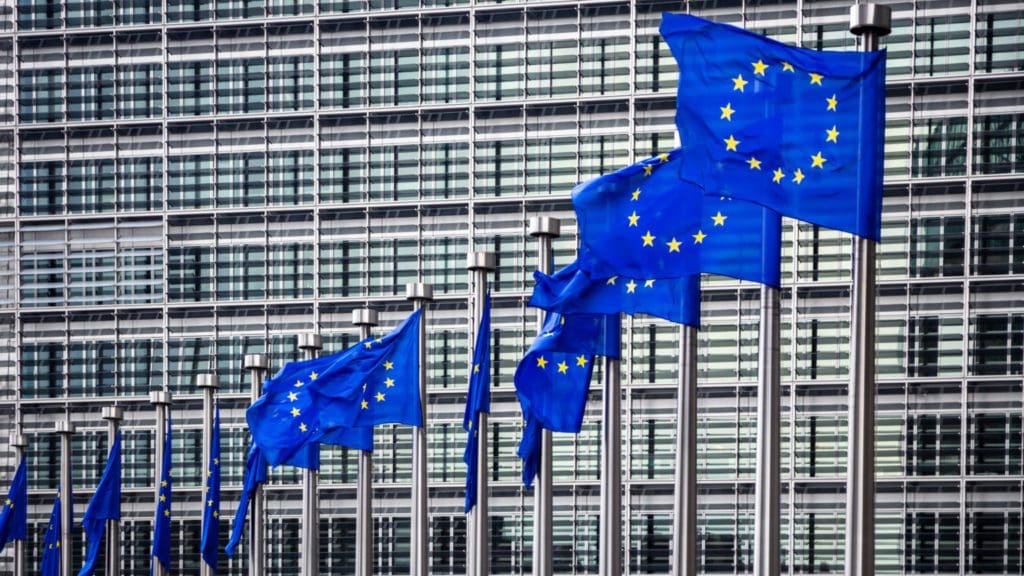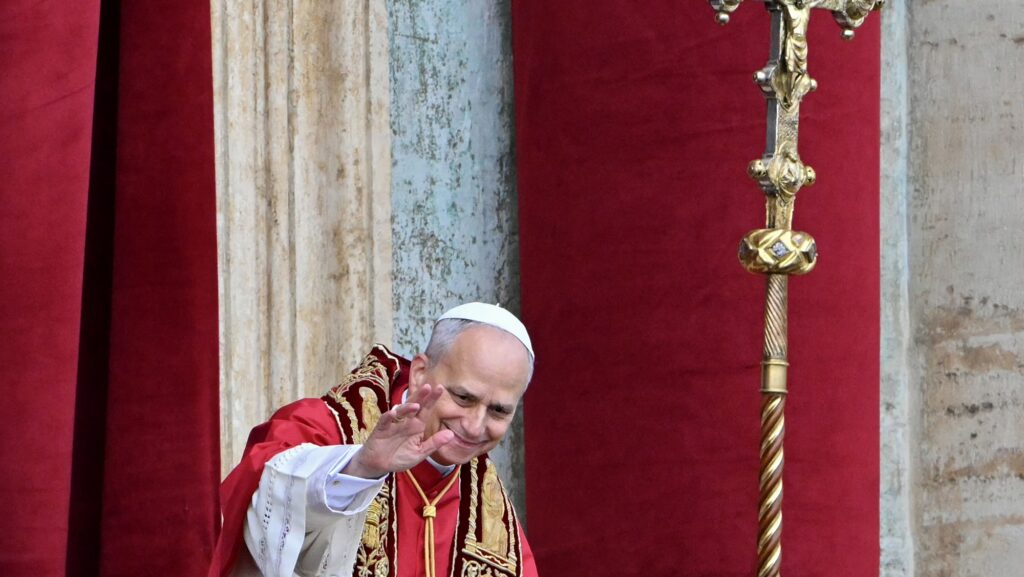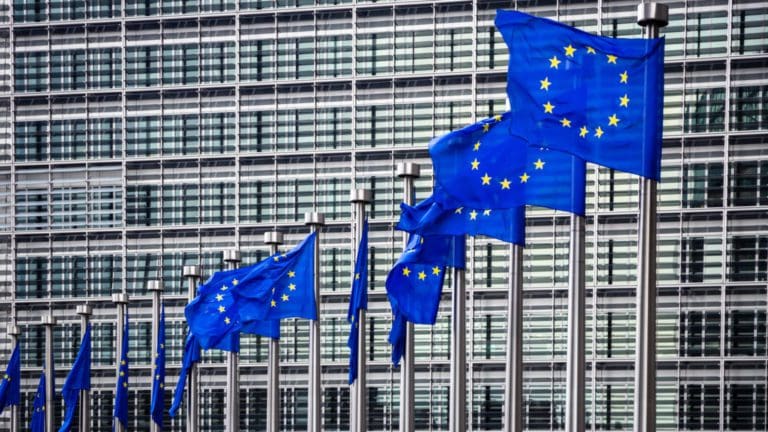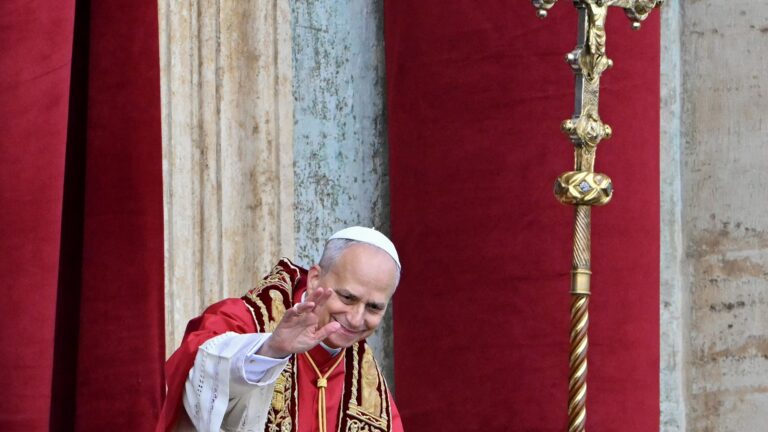On Tuesday Hungarian think tank Danube Institute hosted a conference titled Trump 2.0: Foreign Policy Implications of the US Elections. The event featured three panel discussions and brought together distinguished experts, including Doug Stokes, Professor of International Security and Strategy at the University of Exeter; David Goldman, Deputy Editor of Asia Times; John Tsagronis, full-time Professor of Statecraft and National Security Affairs at The Institute of World Politics in Washington, DC; and Balázs Orbán, political director of the Hungarian prime minister.
In the final panel discussion, moderated by Executive Director of the Danube Institute István Kiss, Balázs Orbán, Doug Stokes, and John Tsagronis explored the shifting world order unfolding before our eyes. The moderator emphasized that the outcome of the US presidential election will play a decisive role in shaping this process, suggesting that the United States under Donald Trump could potentially perform even better than it did before.
Balázs Orbán highlighted the emergence of a new global paradigm, which he termed the ‘age of sovereignty’. He explained that the previous world order, defined by neoliberalism, is no longer intact as a structure, though some of its elements persist.
The political director noted that political thinkers representing the liberal world order, such as Francis Fukuyama, predict a confrontation between democracies and autocracies across political, economic, and other spheres, forcing each country to choose a side. ‘This is what we call the bloc formation logic,’ he explained. However, he argued that this approach is not suitable in the age of sovereignty, particularly for countries seeking mutually beneficial economic cooperation outside rigid geopolitical blocs.
John Tsagronis stated that the United States’ grand strategy has traditionally focused on preserving its constitutional form of government. He explained that the US established a global order based on the principles of the rule of law, economic liberalization, and mutual security. However, he argued that this world order is now coming to an end, highlighting the erosion of international law following Russia’s war in Ukraine as a significant factor in this shift.
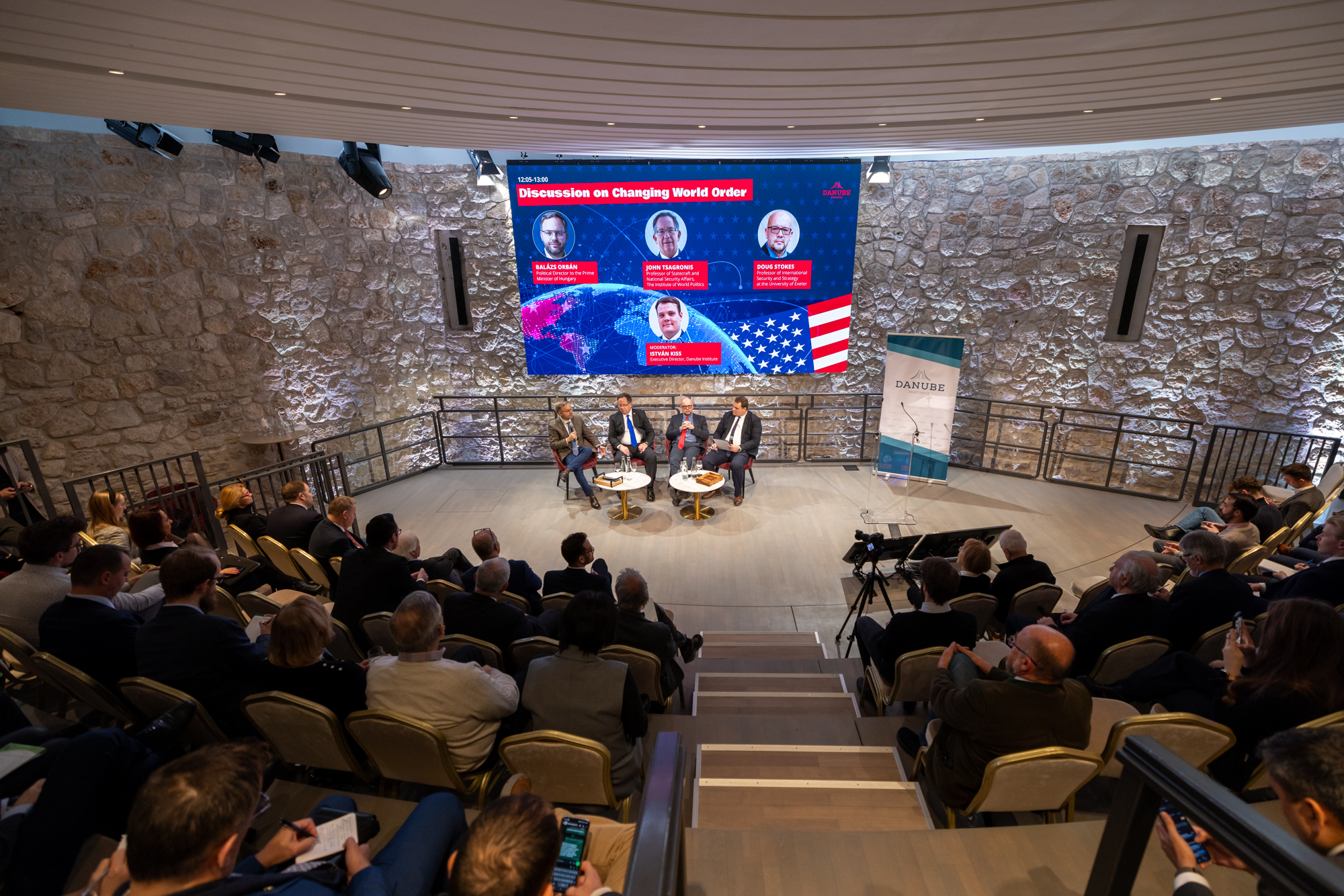
Doug Stokes highlighted that, although the era of liberal hegemony has ended, the United States should still maintain an optimistic outlook for the future. He noted that China is facing a significant demographic collapse, which poses serious challenges for its status as a manufacturing powerhouse. In contrast, he highlighted that the US possesses substantial advantages, including abundant energy resources, a central role in the international security system, immense military strength, and veto power—all of which provide a strong foundation for its future.
‘Sovereign conservatism has a moral duty to prioritize what is best for your own people. If you are not strong enough to defend your position, you are not sovereign’
Balázs Orbán highlighted that many Europeans have a positive affinity toward the United States, which provided an inspiring alternative to the oppressive realities experienced by Eastern European countries under communist regimes. However, he raised critical questions about how nations should interact with great powers, particularly regarding respect for sovereignty and external impositions.
In this context, Orbán recounted an incident following Joe Biden’s election, when Victoria Nuland, former spokesperson of the Department of State and former Under Secretary of State for Political Affairs, approached the Hungarian government with demands for constitutional changes. ‘If you change them, then we can start working together,’ Orbán recalled Nuland saying.
By contrast, he pointed out that Russia and China typically present offers that can either be accepted or declined, without imposing demands. ‘Sovereign conservatism has a moral duty to prioritize what is best for your own people. If you are not strong enough to defend your position, you are not sovereign,’ Orbán concluded.
On the issue of European security, Balázs Orbán remarked: ‘Everything President Trump says is a pro-European statement because it encourages European leaders to take greater responsibility for their own defence.’ He expressed concern that, while Europe’s security interests in the war are not aligned with those of the United States, the continent still lacks an independent voice in the conflict. According to Orbán, this dynamic could shift under a Trump presidency.
Related articles:


